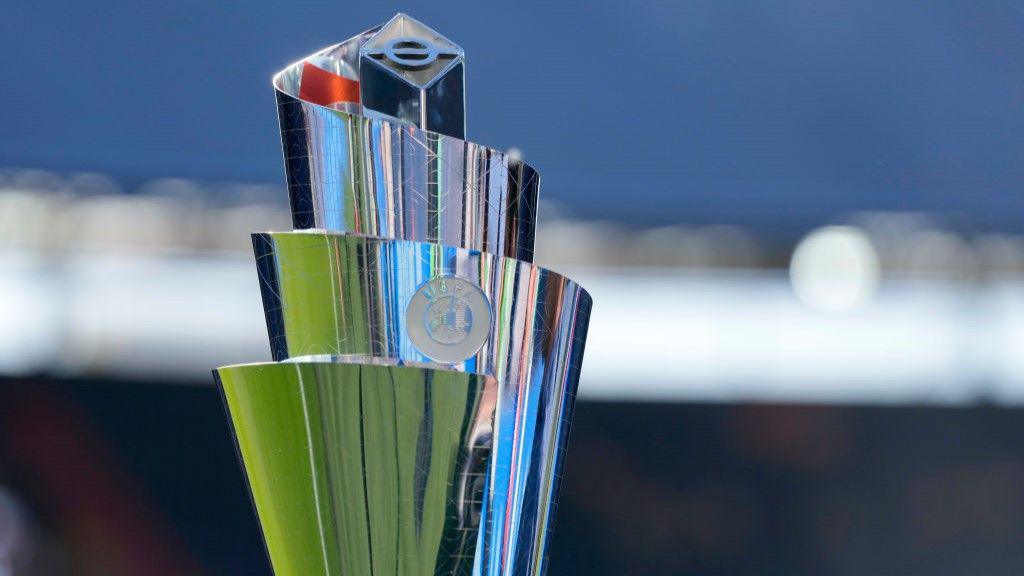
Thursday night’s final at the 4 Nations Face-off saw Canada edge the US 3-2 in a dramatic overtime finish. The match, played in Boston, was a rematch of Saturday’s thrilling round-robin game where the US triumphed 4-3.
McDavid’s Overtime Heroics Secure Victory for Canada
The game was tight from the start, with Canada and the US exchanging goals throughout regulation. But in the end, it was Connor McDavid who made the difference. After a missed opportunity earlier in the game, McDavid found himself unguarded in the slot during overtime, and he made no mistake, securing the victory for Canada.
Passion and Rivalry: A Test of Will
As former NHL player PK Subban recently pointed out, passion is what sets hockey apart from other sports like basketball. And that passion was evident in the highly charged atmosphere of this game. The final was filled with intensity, underscored by physicality and fast-paced action, which kept fans on the edge of their seats.
Political Tensions and the Canadian Anthem
The event wasn’t just about hockey. The Canadian anthem singer made headlines when they subtly altered the lyrics in protest against US politics. This act, while symbolic, added another layer of intrigue to the already charged atmosphere of the game.
Cultural Significance of the Win
While sports are often a battleground for national pride, hockey in particular holds a special place in Canadian hearts. Even with the current geopolitical tensions between the US and Canada, moments like Thursday’s overtime victory remind fans that no matter where you come from, stepping onto the ice connects everyone to something uniquely Canadian.





















